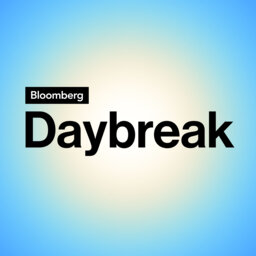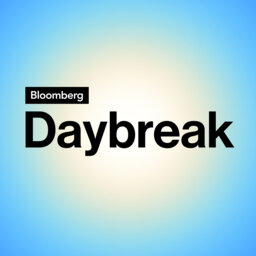Daybreak Weekend: Fed Preview, MS Conference, Tencent Earnings
Bloomberg Daybreak Weekend with Tom Busby takes a look at some of the stories we'll be tracking in the coming week.
- In the US – a preview of next week’s Fed decision and earnings from FedEx.
- In the UK – a preview of Morgan Stanley’s European Financials Conference.
- In Asia – a preview of Tencent earnings and the next BOJ decision.
 Bloomberg Daybreak: US Edition
Bloomberg Daybreak: US Edition


